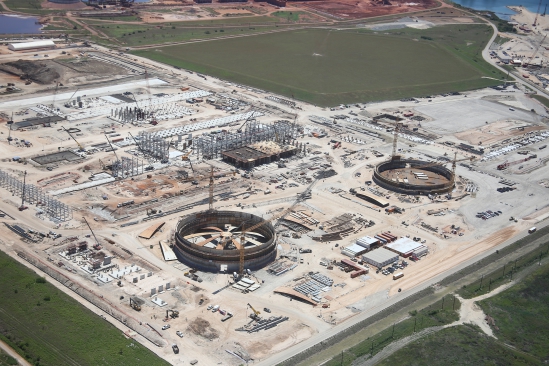Cheniere Increases Bond Issue by Half
US LNG supplier Cheniere Energy said May 15 that a subsidiary developing the group’s second export complex at Corpus Christi in Texas had upsized its bond issue (senior secured notes) due 2027 to $1.5bn, from the $1bn announced earlier that day.
The bonds will bear interest at a rate of 5.125%/yr and will mature on June 30, 2027. Closing of the bond offering is expected to occur on May 19.
Corpus Christi is being designed for five trains with expected aggregate nominal production capacity of up to 22.5mn metric tons/yr of LNG. Foundation customers include Indonesian state Pertamina, Australia's Woodside, French EDF, Portugal's EDP, and Spain's three largest energy utilities Gas Natural, Iberdrola and Enel-owned Endesa.
Cheniere made a final investment decision in respect of Corpus Christi and issued the notice to proceed to begin construction of its first two liquefaction trains in May 2015 and is continuing to market nominal production capacity from Train 3.

Corpus Christi LNG export terminal construction, as at April 2016 (Photo credit: Cheniere Energy)
Cheniere’s original complex at Sabine Pass, Louisiana, will have six trains with a total 27mn mt/yr production capacity when completed. Half the capacity is already built, as the first three liquefaction trains opened between May 2016 and March 2017. The fourth and fifth trains are due to start operations in 2H 2017 and 2H 2019 respectively. A final investment decision on Sabine T6 has yet to be taken.
Earlier this month the company reported that it went from loss-making into making a profit in 1Q 201 as its trains come on stream one by one.
Last week the US decided to allow LNG exports to China which one analyst described as a “win for both sides”. Reuters reported later last week that Cheniere had confirmed having held extensive negotiations already with China on supplying it with US LNG.
Cheniere has retained some of its liquefaction capacity for its own use, partly for trading on its own account and partly to avoid losses if a plant underperforms.
Mark Smedley




